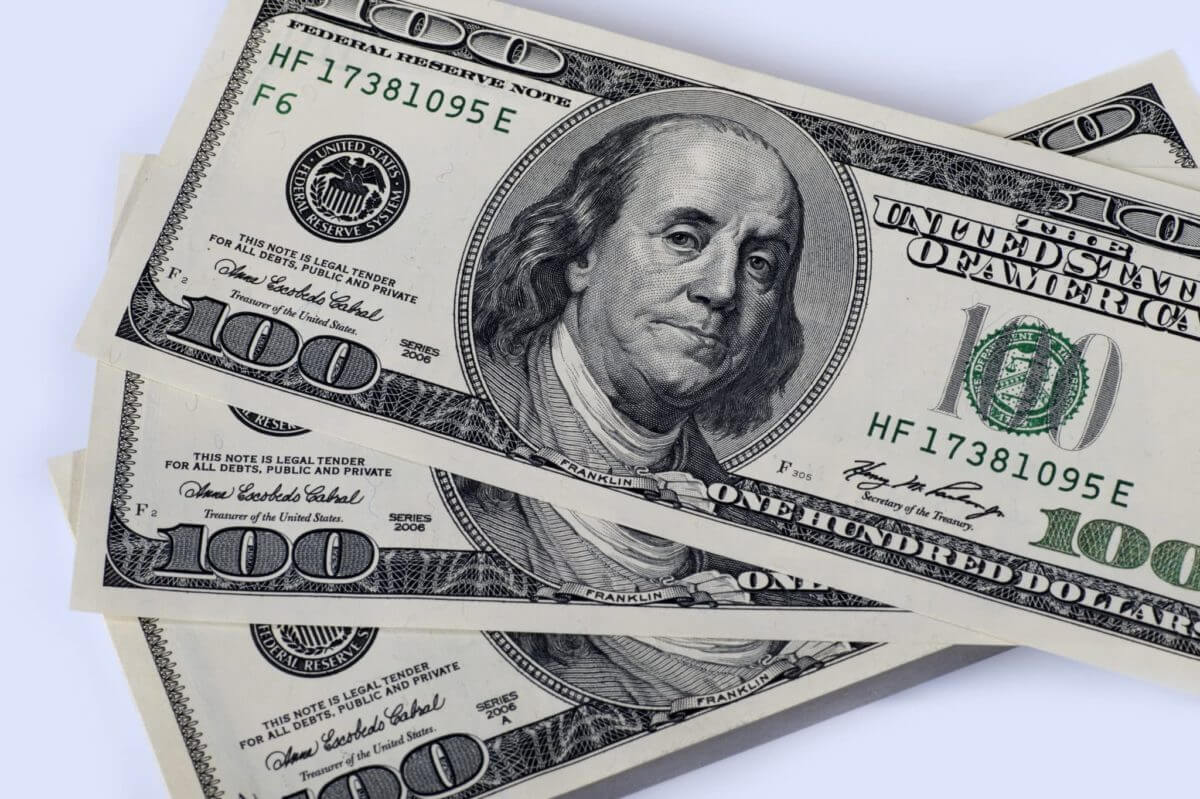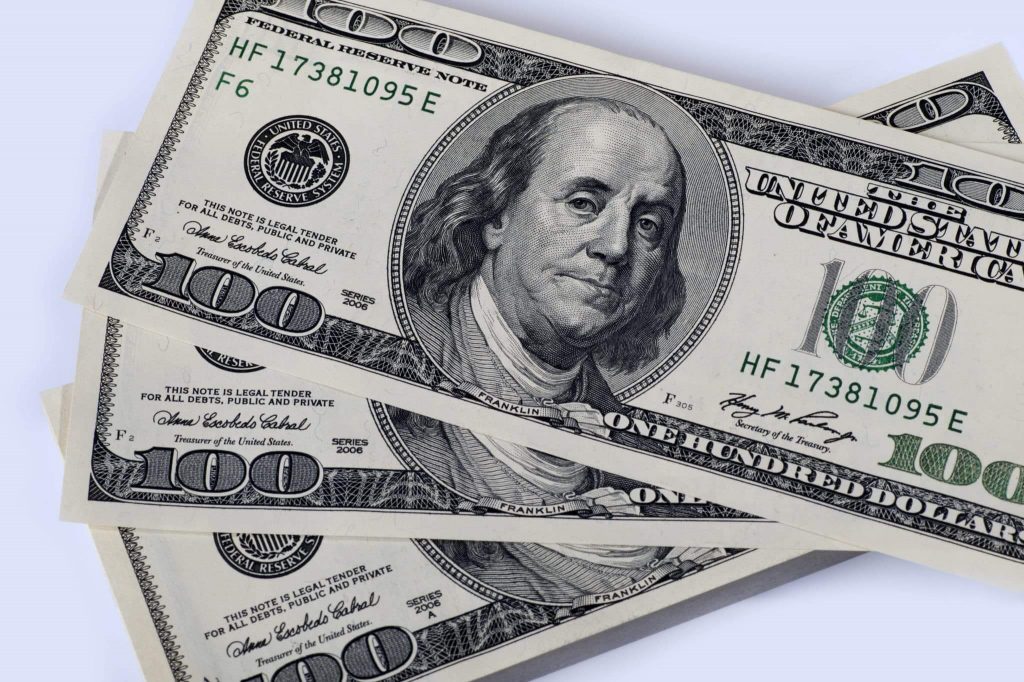
EURUSD at 1.14850 current resistance zone
EURUSD chart analysis
The euro strengthened slightly during the Asian session and consolidated at a much higher level than last week. Some ECB officials are advocating for (the possibility of) raising the reference interest rate this year, while the chairwoman, Christine Lagarde, tried to reject speculations about it. The euro is now being exchanged for 1.14360 dollars, representing the strengthening of the common European currency by 0.08% since the beginning of trading tonight. Economic growth forecasts in the euro area will be published during the European session. And later, at 14:30, the consumer price index (inflation) in the USA will be published in January.
Bullish scenario:
- We’ve been in consolidation for the fourth day already, and we need a break above 1.14850 to break down to test the 1.15000 level.
- Further positive consolidation could take us to the next resistance zone at 1.16000.
- And if the bullish momentum continues, then we can expect to visit the resistance at 1.17000.
- Additional resistance on 1.16800 is our MA200 moving average, and we were last above this moving average in June previous year.
Bearish scenario:
- We need negative consolidation and a pull-down below 1.14000.
- Our first potential support could be 1.13500.
- Additional support can be obtained in MA20 and MA50 at 1.13250.
- The next support is at 1.13000, and if it doesn’t last, we continue towards 1.12000 and the previous low at 1.11200.
Market overview
Currency market movements were slower on Thursday, and investors waiting for key US inflation data to be released later, as well as indications of a possible path for the Federal Reserve to tighten. Investors’ appetites for riskier assets have been hit this year due to expectations that the US Federal Reserve will start tightening monetary policy, starting with the increase in interest rates at the meeting in March. Strong earnings helped global stocks rise on Wednesday but struggled to maintain that momentum during Asian and early European sessions on Thursday. The leading consumer price index is expected to grow by more than 7% in January, year-on-year, reminiscent of inflationary shocks in the 1970s and 1980s.
“The higher the current inflation rate, the stronger will be the perception among market participants that the Fed will have to act even faster, more decisively and in a longer period of time than currently expected,” wrote Commerzbank FCS and EM analyst Antje. That will probably give a boost to the dollar.
The dollar index fell less than 0.1% a day to 95,503. After major changes in the previous two weeks, this week has been stable for the US currency.
Investors expect a 71% chance that the Fed will increase rates by 0.25 basis points at a meeting in March, with as many as five price increases overall for the year.
Expectations are that the European Central Bank will grow more slowly, as policymakers were less worried about inflation and generally kept the euro-dollar on the same level. But this changed last week when the ECB took a hawkish stance at its meeting, causing the eurodollar to jump to a three-week high of $ 1.14830.



